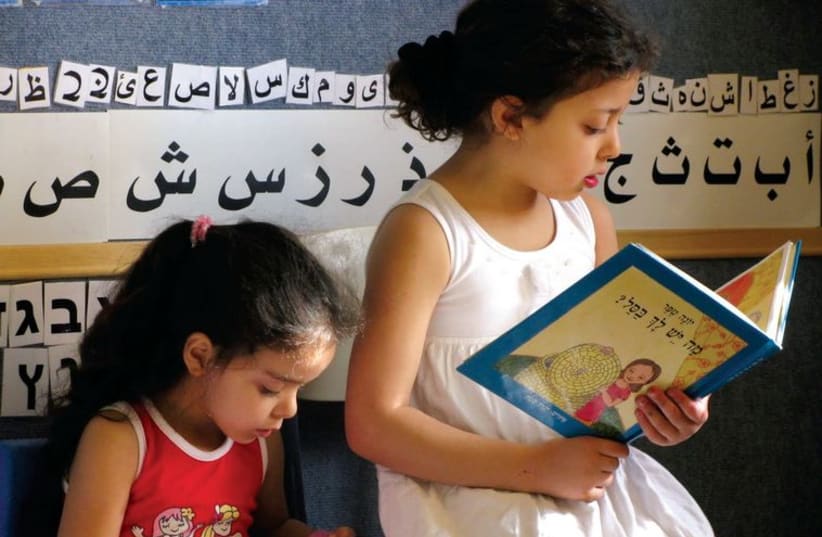When toddlers who grow up in reach the age of two or three, they have already fallen behind their peers at the age of birth to the age of two-years-old, who come from privileged homes, in terms of linguistic advancement. The serious lag in language development can be blamed on the lack of high-level, early childhood care and the decline of early childhood clinics in communities that are at a low . Instead of keeping these clinics in state hands, the Health and Treasury Ministries are privatizing them to save money, which brings about a lack of uniformity in these facilities around the country.
The study was based on the Health Ministry’s Family Care Centers’ database, which contains information regarding about 70% of children born in Israel between 2014 and 2022. Highlighting the gaps in language skills among children from different socioeconomic backgrounds, the study discovered that there is a positive relationship between maternal education (the level of education that the person raising the child has) and early childhood language development. The most worrisome conclusion was that these gaps widened with age and have increased in recent years and that this can affect the disadvantaged child’s life, academic achievements, and long-term life course outcomes for decades to come.

The data presents a growing trend over time (from 2016 to 2022) in the percentage of children with delayed language-milestone attainment. This suggests that with each passing year, the percenta.























